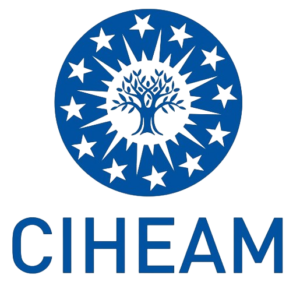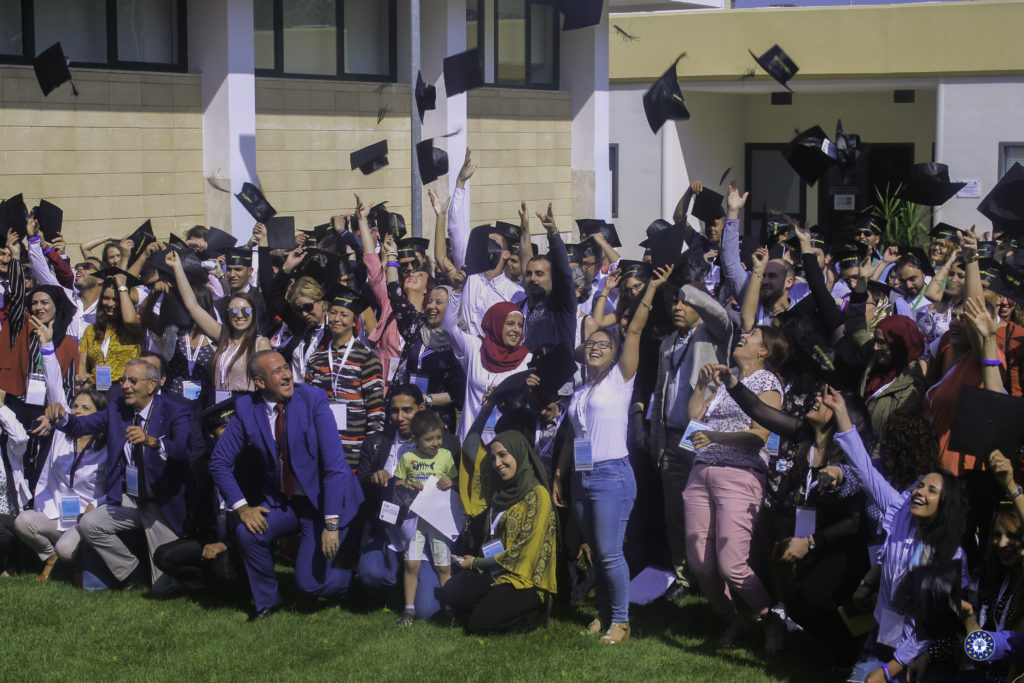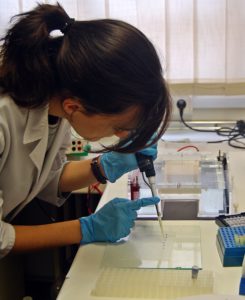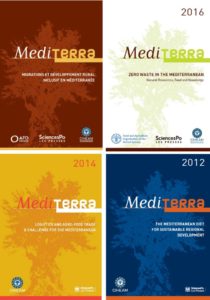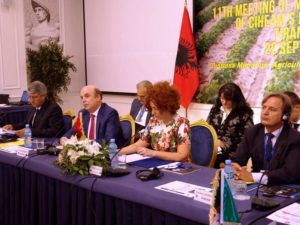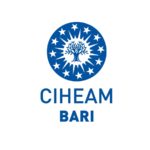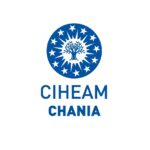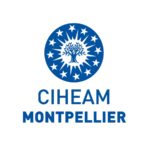Relaunching Medforval, the Network of Mediteranean forests with high ecological value
Press release
Chania, 3 October 2019
Mediterranean forests are fragile ecosystems, threatened by climate change and human activities. Landslides, storms, droughts, erosion, overgrazing, agriculture, fires and overexploitation are putting these areas at risk—yet, forests can significantly contribute to biodiversity protection and resilience to climate crises. Medforval, a network funded by the MAVA Foundation, tackles these urgent issues by bringing different actors together, exchanging knowledge and good practices.
Enhancing the collaboration among forest actors in the Mediterranean basin is the key for real change. This is the belief that will guide the work of the Network for the next 12 months under the coordination of Istituto Oikos, an NGO based in Milan, Italy. In the current 2019-2020 stage, labelled Relaunching Medforval, the collaboration and the exchange of good practices among the Network members will be ensured as a continuation of the work done in 2015-2018 under the previous coordination by AIFM (Association Internationale Forêts Méditerranéennes). The 18 forest sites will also work to foster the sustainability of the Network through fundraising and the active contribution of all the member sites to the life of the Network. The Samaria National Park (Crete) is one of these sites, and it is being managed by the CIHEAM Chania as well as by the Samaria National Park Management Body.
This second phase officially started in May 2019 and culminated in the meeting that took place in Milan, Italy, on 23-26 September when 16 out of 18 member sites met to exchange ideas and define strategies for the next steps—with the common goal of protecting, managing and restoring Mediterranean forests with high ecological value.
“With such a competent network—Serena Arduino, coordinator of Medforval, says— we are optimistic for the year to come. The Network restarts with energy. The first goal is to raise funds and understand how to communicate the role of Mediterranean forests and to manage and protect them more effectively.”
The Medforval Network currently includes 18 sites from 12 Mediterranean countries: Ermenek-Konya (Turkey), Guadiana (Portugal), Köprülü (Turkey), La Massane (France), Livanjsko Polje (Bosnia-Herzegovina), Luberon-Lure (France), Monte Arcosu (Italy), Poblet (Spain), Prespa (Greece), Prokletije (Montenegro), Samaria (Greece), Jordan EcoPark (Jordan), Shouf (Lebanon), Sierra de las Nieves (Spain), Sirente-Velino (Italy), Talassemtane (Morocco), Valle del Ticino (Italy), Zaghouan (Tunisia).
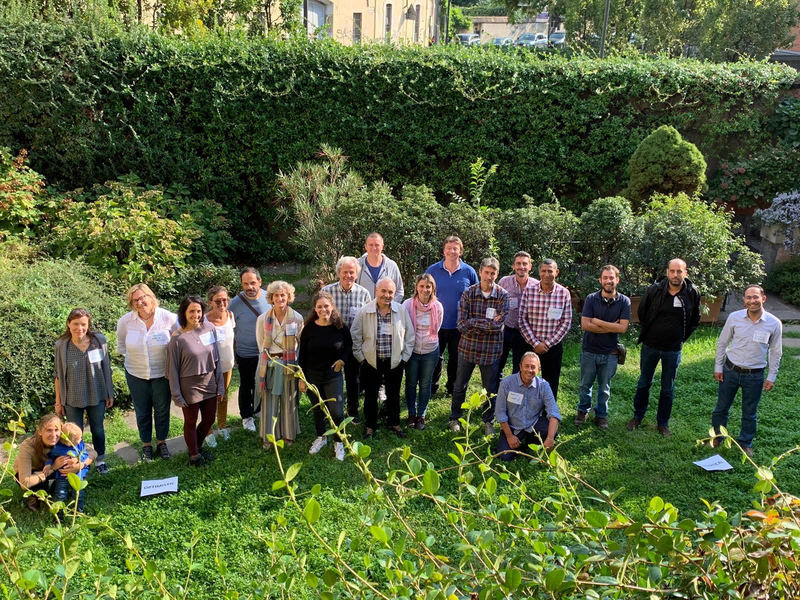 For more information please contact: medforval@istituto-oikos.org
For more information please contact: medforval@istituto-oikos.org
 For more information please contact: medforval@istituto-oikos.org
For more information please contact: medforval@istituto-oikos.org



